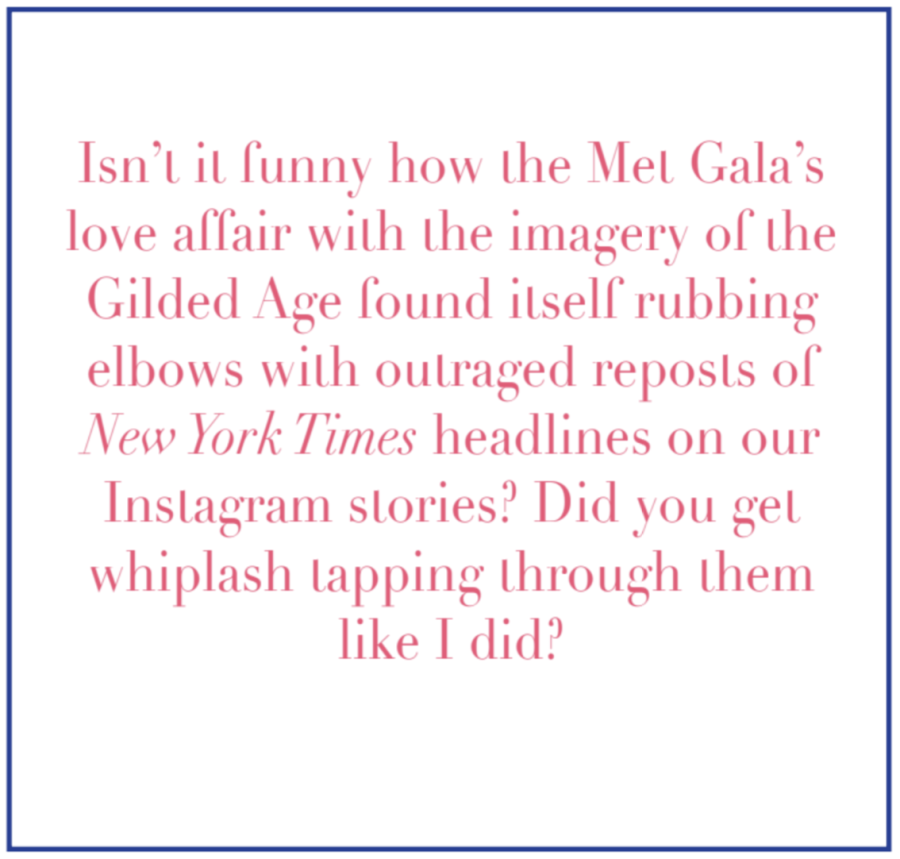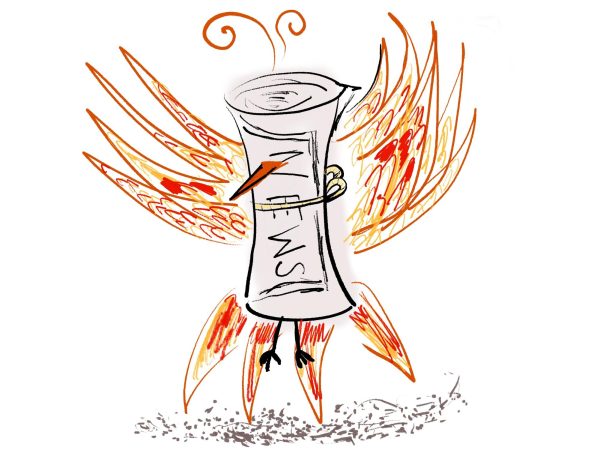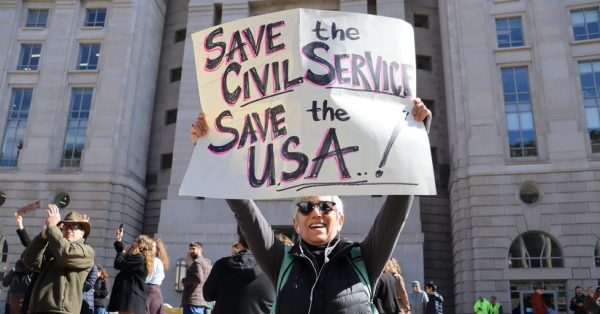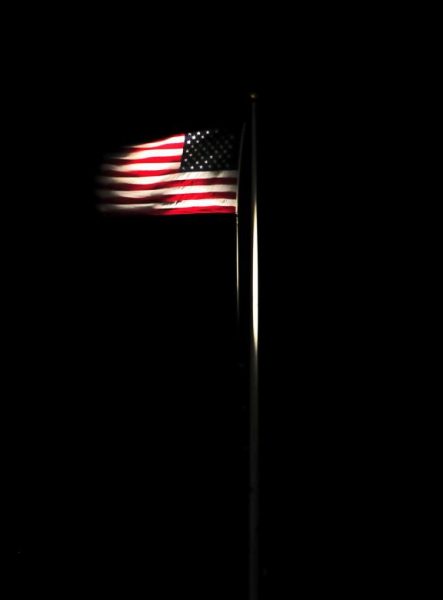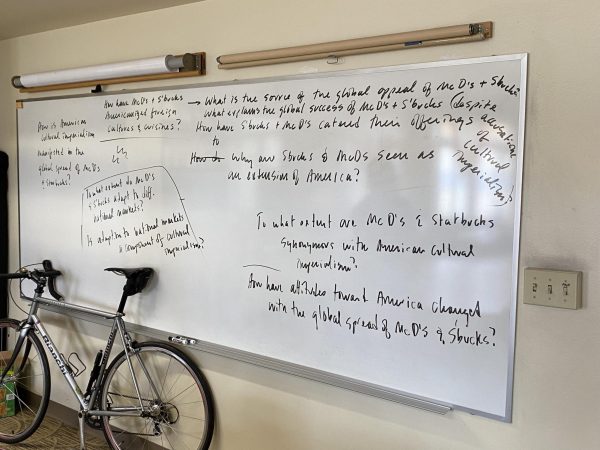That Funny Feeling
On the Met Gala, Roe v. Wade, and the bizarrely distressing reality we’ve found ourselves in
On Monday, May 2, news of Roe v. Wade being overturned and snapshots of the Met Gala flooded social media.
We’re occupying a very surreal-feeling cultural moment right now, and I’d like for us to talk about that before we talk about anything else. On Monday, May 2, I was picking up my phone and scrolling through my usual circuit of social media apps—Instagram, Twitter, Tiktok, repeat—like I’m sure many of you were doing as well. I know we’ve perfected the art of the doom-scroll, but few moments in my recent memory have felt more jarringly horrifying than being on the Internet on Monday, May 2: when Politico’s reports of the Supreme Court’s leaked decision to overturn Roe v. Wade and glittering snapshots of the high-society Met Gala were woven together on our feeds, one perfectly ironic tapestry of the reality we’ve found ourselves in.
I had Bo Burnham’s “That Funny Feeling” stuck in my head for the rest of that night, and well into the day after too. The song is from Burnham’s Emmy-award winning comedy special Inside, and it articulates that funny feeling that I think so many of us have had as we live through these moments that feel more and more like they’re discarded scripts from a Black Mirror episode. The song’s verses list off the peculiar aspects of our current day and age, suggesting their absurdities and eeriness. “Carpool karaoke, Steve Aoki, Logan Paul / The gift shop at the gun range, a mass shooting at the mall,” he sings on a verse. Let me take a try: a red carpet display of the female form as a canvas, destruction of womens’ control over their own bodies. Tomato, tomahto. See the similarities?
The 2022 Met Gala’s dress code was “gilded glamour.” As we learn in our American history classes, the Gilded Age spanned from the end of the Civil War to the turn of the century, roughly the 1870s to 1900s. These years were characterized by materialism, political corruption, and an increasingly large gap between the haves and have nots, those with power and wealth and those without. Isn’t it funny how the Met Gala’s love affair with the imagery of the Gilded Age found itself rubbing elbows with outraged reposts of New York Times headlines on our Instagram stories? Did you get whiplash tapping through them like I did?
This juxtaposition alone is distressing, yes, but the thread I see tying these events together is a hyperfixation on the presentation and agency of the female body—the Met Gala as a microcosm of celebrity culture’s tendency to sexualize it, and Roe v. Wade’s overturning as the continuous policing of it. These parallels feel like they add up to a vaguely Gilead-esque picture, complete with the drippings of theocracy into our federal government and a stunning reversal of womens’ rights. Justice Samuel Alito’s draft opinion feels simultaneously like a time machine hurtling us backwards into centuries past and one increasingly approaching a dystopian future—a bizarre contradiction, but a true one. What a funny feeling this is.
All of this informs the frames of mind with which we come here, closer to home, to Bishop’s. So many of the conversations filling our hallways, assemblies, and Daily Urinal issues as of late have revolved around the capital-S capital-D Skirt Debate, whose nuances include our subjective and ever-evolving definitions of professionalism, feminism, personal autonomy. Within the bounds of our campus, it’s so easy to feel like the admittedly relatively smaller issues facing us, like skirt lengths and uniform regulations, are hugely consequential. That intense focus our community has fallen into about this Skirt Debate feels more central to the issue than some of us are letting on—why are we focusing so much energy and discussion to handing out uniform violations when the right to a safe and legal abortion is dissolving before our eyes? Is it because both hot topics, in their own little ways, revolve around a need to police the female body? There’s a parallel there that feels poignant and worrisome to me, and I hope it does to you too.
The 138 students in my grade will graduate from Bishop’s in what feels like five minutes, and about half of that population possesses a uterus. We’ll be moving away to college, perhaps in different states, and perhaps states whose governments will legislate differently in response to the landmark Roe v. Wade no longer protecting our reproductive rights. And then where does all of this leave us? What is our place now as women? How safe are we? Are we safe at all?
I don’t know. I don’t know how to answer any of those questions. I’m just as horrified and bewildered as the rest of us, and that cognitive dissonance is deeply uncomfortable to sit with. Maybe the act of giving language to this unnerving moment in our country’s history, through the eyes of just another member of this School’s community, is as much as I or you can do.

Sariah Hossain is a senior and The Tower's Co-Editor-in-Chief. This is her fourth year on the publication and, as her friends can all attest, writing...


